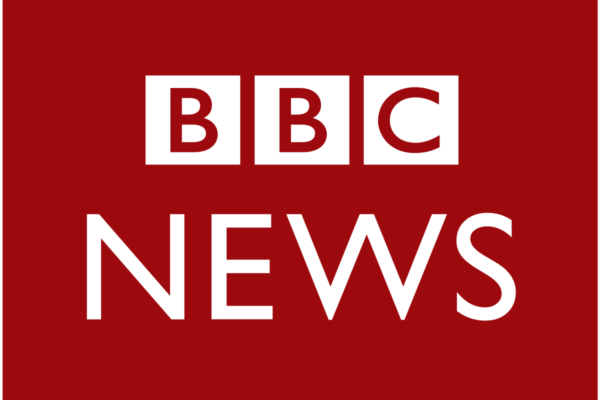Millions of Russians turn to BBC News
The BBC has published new audience figures showing that people in Russia are turning to BBC News in their millions for factual independent information about the war in Ukraine.
The audience for the BBC’s Russian language news website more than tripled its year-to-date weekly average, with a record reach of 10.7m people in the last week (compared to 3.1m). In English, bbc.com visitors in Russia were up 252% to 423,000 last week.
Digital live pages, giving people updates, explanation, and reports from expert journalists on the ground, are proving hugely popular. The live page in Russian covering the invasion was the most visited site across the whole of the BBC World Service’s non-English language services, with 5.3m views.
Audiences for the Ukrainian language site more than doubled year-to-date, with a reach of 3.9m in the past week (compared to 1.7m) and the audience for bbc.com increased 154% in Ukraine.
These numbers represent direct traffic to BBC websites, and are likely to rise significantly when social media audience figures are factored in.
In total, 77.4m unique visitors consumed BBC online coverage of Ukraine in English in the first five days of the invasion, with almost 200 million views of the live page on Ukraine.
Tim Davie, BBC Director-General, says: “It’s often said truth is the first casualty of war. In a conflict where disinformation and propaganda is rife, there is a clear need for factual and independent news people can trust – and in a significant development, millions more Russians are turning to the BBC.
“We will continue giving the Russian people access to the truth, however we can.”
As part of its resilience operation to ensure news is available in Ukraine and Russia, the BBC has also stepped up services on other platforms. It has launched two new shortwave frequencies in the region for four hours of World Service English news a day. These frequencies can be received clearly in Kyiv and parts of Russia.
Tim Davie paid tribute to journalists working in Ukraine and Russia, saying: “Brave and committed journalists – from a range of news organisations – are doing vital work reporting events in Ukraine. Not only those who have travelled there to report, but journalists for whom Ukraine is home, including our talented colleagues in the BBC’s Ukrainian service. Events are moving quickly. We want to ensure the BBC’s output continues to reach people in Ukraine, Russia and beyond. Trusted news has never been more vital.”
Full statement on the BBC website here.









